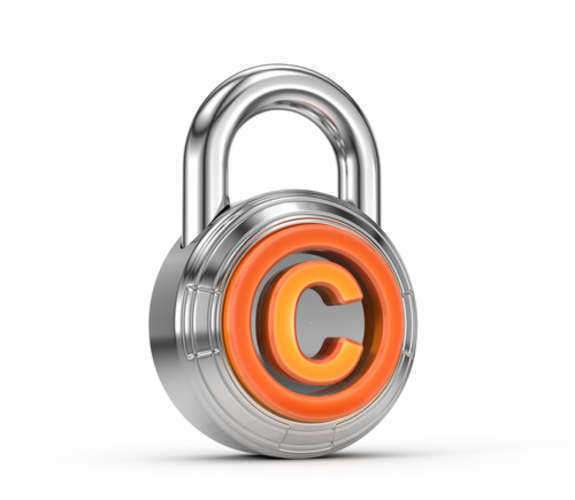Importance of Knowing The Famous Cases of Copyright Law
Famous copyright lawsuits over the years have played a large part in how copyright law is shaped today in the United States. The decisions made in early court cases have helped to distinguish between copyrights and patents, pinpointing a clear definition for both aspects of United States Intellectual Property Law. In addition, with the emergence of digital technology came new amendments in copyright laws, including the Digital Millennium Copyright Act.
Important court decisions have helped to firmly establish the laws outlined in this Act, becoming a model for future court disputes. For example, one of the more famous copyright cases, Viacom vs. Youtube, Google Inc., showed how important it is for copyright laws to keep up with the fast paced world of technology, while firmly placing responsibility into the hands of companies who manage websites with user-controlled content. Baker v. Selden was an early case that helped mold copyright law by providing a clear difference between copyright material and patentable material.
The case between A&M Records (along with more than a dozen other record companies) vs. Napster was the first time file sharing was examined under U.S. copyright law. It asked the question: is a company responsible for the illegal actions of other people if their program gives users the tools to perform such illegal activities?

Napster was a program that allows users to share music files in the form of MP3s, a music format relatively new at the time, which compressed music into a small size without a substantial drop in audio quality. As MP3 awareness and popularity rose steadily, so did Napster, a tool that gave users the ability to perform illegal file swapping, but at the same time, could be used legally as well.
This was Napster’s main argument, believing that it is not responsible for how its program is used by its customers. This case was the beginning of a long copyright battle in the record industry, fronted by the Recording Industry Association of America, which is still going on today.
Rogers v. Koons: This case showed that in order for a parody to be legal, it must be a commentary on the original artwork itself and cannot be a reproduction with another message entirely.
One of the earliest and most famous copyright disputes occurred in the case of Baker v. Selden. This case helped to clearly outline what material is protected under copyright law. Although the work that Baker created was similar to Selden's original work, it was decided that Baker had not violated copyright law.
This is because copyrights only protect expressions of ideas, while the ideas themselves are only protected when one obtains a patent. This distinction was incorporated into the U.S. Copyright Act, which was inspired by the Baker v. Selden case.
MGM Studios, Inc. v. Grokster, Ltd. was a copyright infringement case that held remarkable similarities to the famous Sony Corp. v. Universal City Studios case, which ruled that the makers of VCR technology cannot be held liable for any illegal copying done by its users. In the same sense, Grokster was argued to be held liable for file sharing technology which users can take advantage of to download copyrighted material such as music and movies.
Grokster had already won two prior victories in court, the latest in the United States District Court for the Central District of California in 2003, where the Sony v. Universal case was cited in the decision. Ultimately, the decision found that Grokster should be held liable for copyright infringement which takes place using the technology it has available on the Internet.
There was argument, however, about how similar this case was with the Sony v. Universal case. It was found that the case had no influence on the court's final decision. This case led to other peer-to-peer file sharing networks to close down in fear of a lawsuit, while others took more substantial measures to ensure that its users do not use their program for copyright infringement.